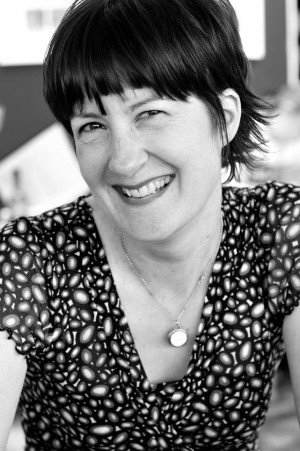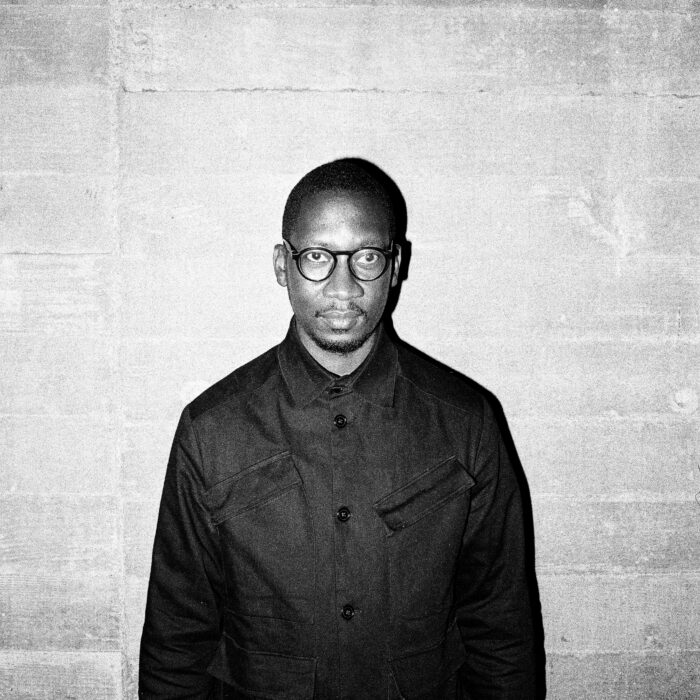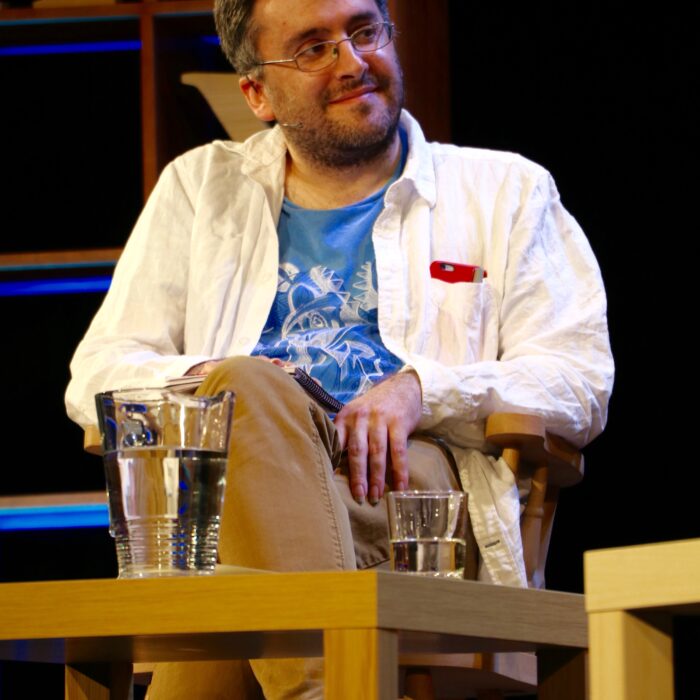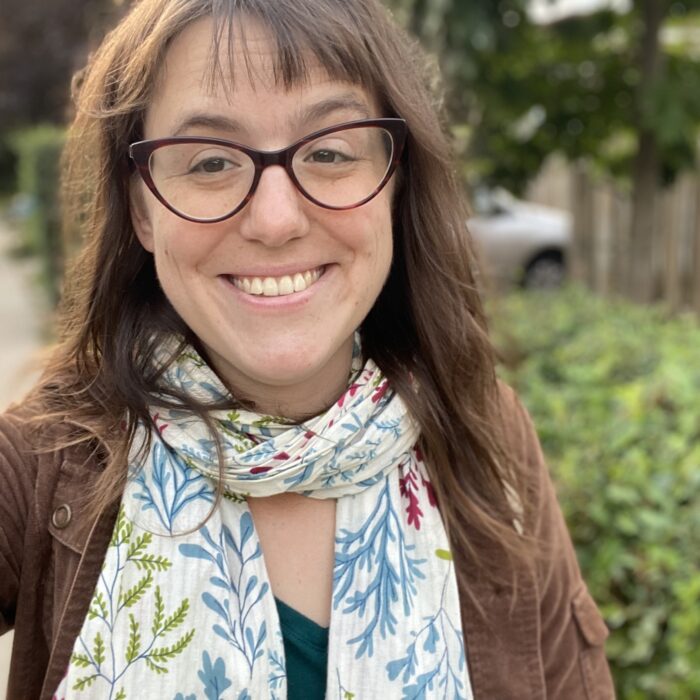You have no items in your cart. Want to get some nice things?
Go shopping Shelley Harris’s first book Jubilee was shortlisted for the 2012 Commonwealth Book Prize. It has also been selected as Radio 4’s Book at Bedtime and Richard and Judy’s Summer Book Club in 2012.
Shelley Harris’s first book Jubilee was shortlisted for the 2012 Commonwealth Book Prize. It has also been selected as Radio 4’s Book at Bedtime and Richard and Judy’s Summer Book Club in 2012.
Shelley was born in South Africa under Apartheid, to a South African mother and a British father. In 1973 she left the country with her family to settle in England. After completing an English degree at Southampton University and an M.A. in English and History at Reading University, Shelley worked, variously, as a teacher, a local reporter, a stuffer of envelopes, a bouncer at a teenage disco and a shop assistant. She now lives in Buckinghamshire with her husband and two sons and is at work on her second novel. She can be found at shelleyharris.co.uk or on twitter @shelleywriter. She also spends a lot of time staring at bookshelfporn.com.
In this Q&A with Litro, she writes about crappy Eighties songs, seducing Atticus Finch with the Dewey Decimal system, and why The Amazing Adventures of Kavalier and Clay is her Fahrenheit 451 book.
Describe your earliest memory.
I persuaded the girl next door (Kim) to dig “down to Hell” with me in my back garden. I recall my mom’s objections as being more horticultural than theological.
What was the first book you ever loved? Why?
Winnie The Pooh, because when my dad read it to me he laughed so much he became inarticulate. He actually couldn’t get through the Heffalump scene at all.
What has been the most formative place in your life? Why?
Probably the bedroom of my childhood home: rain drumming on the dormer window, a new English world to see out of it, and endless books to read tucked up in bed.
Which literary character could you have a romantic crush on and why? How would you win him/her over?
I do have a massive crush on Atticus Finch, which is probably unhealthy for a whole bunch of reasons. I don’t know how I would win him over, but it might involve the Dewey Decimal System.
What do you do when you’re not reading or writing?
Very little at the moment, but I’m dreaming of the time when I’ve delivered my second novel and can spend extended periods in places like the V&A, gazing at medieval artifacts. I’d also like to see a few more Wasps matches and travel to Skara Brae in the Orkneys.
Describe your most defining experience with money.
Before I tell you this, let me be quite clear that I’m horribly greedy and materialistic — just in case you’re persuaded otherwise by this. But I once received a chunk of money that didn’t need to be spent on necessities and spent most of it — of course — on the sorts of things which my greed and materialism demanded. Then I gave the rest of it away to a cause in which I passionately believed. What was interesting was how ridiculously happy the latter made me, and how it still makes me, ages afterwards. The interesting thing about money (once you have enough of it not to be stressed) is that giving it away is often a lot more fun than keeping it.
If you could time-travel and teleport, which literary world would you want to visit? Why?
Possibly Iain M. Banks’ Culture novels. His imagination is extraordinary.
Being a writer can be a strange brand of “celebrity”. Tell us about your most memorable encounter.
In all honesty, I don’t think writing does have much to do with celebrity — unless you’re Rowling or Mantel. It’s pretty good being able to do something which involves a (limited) public persona, but which means you’ll never be recognised. People ask about Richard and Judy quite a lot (Jubilee was one of their Summer picks last year); I can report that they were charming, well-read and enthusiastic, as well as impeccably professional. Being interviewed by them was like being chauffeur-driven through unfamiliar streets and deposited safely at my own door.
What’s the most extreme thing you’ve done in pursuit of reading or writing?
To research my next novel, I dressed as a superhero and walked the streets of High Wycombe fighting evil and defending the innocent.
If you were to write yourself as a character, what would be your most defining characteristic? (Write us a paragraph, too, if you like.)
My defining characteristic? Anxiety and self-analysis. A kind of humourless Woody Allen, but British. And in a cardigan. The novel would be a doozy.
If you were to write a novel about an anti-hero/-heroine, what would his/her central flaw be?
I would like her to steal things from people who didn’t deserve them, and give them to people who did. Actually, that’s a genuinely good idea. Thanks, Litro.
If you could have a superpower, what would it be? Why?
I would opt for invisibility, though it would bring its own issues. I could be as nosy as my heart desired; I’d pick up loads of new stories — but I’d probably witness some things I wish I hadn’t.
If you were to find yourself in a Fahrenheit 451 world, which book would you save and why?
I’m torn here between predictable but honest (the Collected Works of Shakespeare), and my excellent second choice, Michael Chabon’s The Amazing Adventures of Kavalier and Clay. The latter is as humane and compassionate as all of Chabon’s work, its prose a continual delight (and a source of some jealousy), its scope a perfect balance between the large movements of history and the intimacies of human relationships. So that’s basically your perfect novel, then.
What is the most valuable piece of advice you would give a person for a life well-lived?
Remember that love and kindness are almost certainly more important than anything else you’re striving for.
What question do you wish we’d asked you? Answer it.
Q: Do you know the words to loads of crappy 80s songs?
A: Yes, I do.
Q: How crappy?
A: Toto, Fiction Factory, Wang Chung…
Q: Wow. You’re right!
What’s next for you, work- and life-wise?
I am working on my second novel, far more slowly than I could wish. Once I’ve finished, I’m going to embark on that medieval art / Wasps / Orkneys plan (see above).





Here’s @shelleywriter everyone. A humourless Woody Allen in a cardigan. https://t.co/8WX7gqS9
This is a really great inspiring article.I am pretty much pleased with your good work.You put really very helpful information. Keep it up. Keep blogging. Looking to reading your next post.
DOMINOQQ
GOOD JOOB
VERY GOOD
SO GOOD
VERY GOOD
Hello, Nice, this is very impressive blog post. I read this,
Get good information and very amazing it. So many people like and me